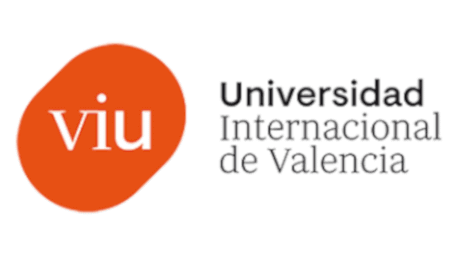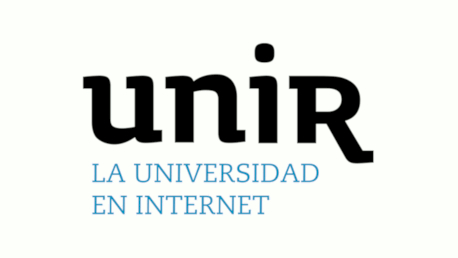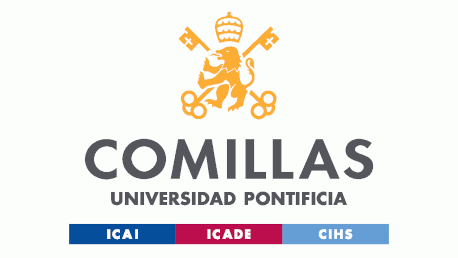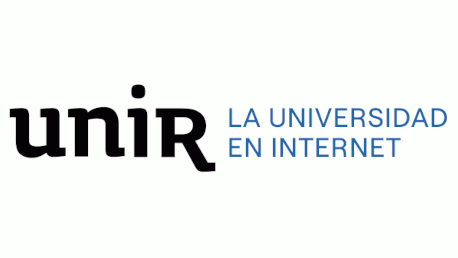Curso Fundamental Issues in Language Teaching and Learning
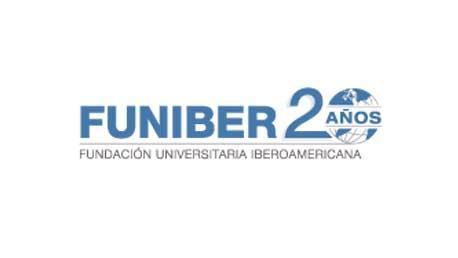

Si has realizado este curso, ¿por qué no darnos tu opinión?. Si lo haces, estarás ayudando a miles de personas que, como tu en su momento, están intentando cambiar su vida a través de la formación. No hay mejor ayuda, para decidirse entre miles de cursos, que la opinión de una persona que ha vivido la experiencia de cursarlo, miles de personas te lo agradecerán.
Danos tu opinión detallada sobre el Curso Fundamental Issues in Language Teaching and Learning. No olvides decirnos que te pareció el temario del curso, el profesorado, la accesibilidad al equipo del centro para resolver tus dudas y, en el caso de los programas online, la calidad del campus virtual.
El Curso Fundamental Issues in Language Teaching and Learning se imparte en modalidad a distancia.
The Interuniversity Master, Diploma and Certificates in TEFL by Distance Education Mode represent an innovation both in the field of postgraduate education and in the field of distance education. The programme's practical focus encourages students to reflect on and interpret the relation between theory and practice, to adapt new ideas and strategies to their own contexts, and to test and appraise new teaching techniques in their own classrooms. In the case of the Master, this gives students a foundation for progressing to independent study at the end of the course, leading to a final dissertation (the Practicum/Research Project in TEFL), and, potentially, further studies at the PhD level at any of the universities taking part in this programme.
Methodology
The programme does not consist simple of the delivery of content, but rather, just as in the case of face-to-face courses, it includes a series of pedagogical aspects aimed at promoting collaborative learning (between peers and tutors). All the courses are based on the following methodological concepts:
· Learning as a collaborative undertaking.
· A dynamic and constructivist concept of teaching and learning.
· Promotion of critical reflection on one’s own teaching practice and beliefs.
· An approach based within the framework of action-research.
· Cohesive and multicultural groups.
Subjects
1. Methodological Approaches (3 credits)
2. Second Language Acquisition (3 credits)
3. Classroom Management (3 credits)
4. Materials and Resources in EFL (3 credits)
5. Developing Language Skills in the Classroom (3 credits)
6. Individual Factors (3 credits)
Tutorials
All students are “attached” to the university where they have enrolled. You will thus be in contact with the Academic Director at the university where you have enrolled, but apart from this, you will also have the invaluable support and guidance provided by the programme coordinator and the team of tutors selected from the participating universities and FUNIBER. Contact with these tutors will be maintained via the Virtual Campus, e-mail or telephone. Our tutors will help you solve any queries you may have concerning the study material. Contact via the Virtual Campus is the most important means of interaction on the course.
Assessment
The assessment process for the Master, Diploma and Certificates in TEFL, aims to maximise successful outcomes for students. Due to the practical nature of the courses, there are no examinations as such. Instead, a variety of methods for assessing performance are used including the submission of written assignments, reports, the creation of didactic materials, etc.
Your course tutor(s) will mark your assignments, and you will receive detailed feedback on your work through the Virtual Campus.
Holders of all degrees, irrespective of subject, can be considered for the programme as long as the following requirements are fulfilled:
1. Academic requirements
-Master:
BA Honours (4 years of university studies) in a field relating to Educational Studies, Languages or Social Sciences. Degrees in other areas will also be considered for admission on the MA programme prior to completion of the entry exam.
If the candidate has ample experience in the TEFL field and holds an Ordinary degree (3-year degree), he/she may be admitted onto the MA course prior to individual evaluation by the Academic Committee.
-Diploma & Certificate:
No previous university degree is needed, but the candidate will be asked to do an entrance exam before being admitted on to the course.
2. Teaching experience
For all the courses in TEFL (Master, Diploma, Certificates) a minimum of one year's teaching experience in ELT at any type of institution or in private tuition, is recommended. For the Certificates, if the candidate has no previous teaching experience, he/she may be asked to do an entrance exam before being admitted onto the course.
3. Linguistic requirements
All candidates who are non-native speakers of English will have to provide evidence of having passed one of the following exams:
-Cambridge:
. Cambridge FCE (First Certificate) - grade A. (Grade B or C requires the entrance exam to be taken)
. Cambridge CAE (Advanced) or CPE (Proficiency) - any pass grade
-TOEFL:
There are 2 versions of this exam:
. Written version: a minimum of 550 points is required.
. Computer based version (CBT=Computer Based Test) is out of a total 300 points - a minimum of 230 points is required.
-Michigan Test:
ECEP (Examination for the Certification of Proficiency in English) - a pass. The Michigan ECCE (Examination for the Certification of Competency in English) is not accepted since the level is too low.
If the candidate does not have any of the above-mentioned certificates, and if he/she is not a native English speaker, then he/she will have to sit the entrance exam. English certificates from any other language schools will generally not be accepted, but may still be submitted for evaluation by the tutors on the course. If no consensus is reached regarding the qualification, the candidate will have to sit the entrance exam.
-Anyway, having English as an L1 doesn't presuppose that a student has the linguistic level that this Masters demands. So, as a last resort, the company's management team of this programme can demand that the candidates pass a test that proves that they possess the level required.
The programme leading to the Master, Diploma (Especialización) or Certificates (Extensión universitaria) in TEFL is intended for:
· Primary and secondary level English language teachers in public or private institutions.
· Teachers of EFL working in adult education.
· Graduates with relevant qualifications intending to work as English language teachers.
The overall objective of the programme leading to the award of the Master, Diploma (Especialización) and Certificates (Extensión universitaria) in TEFL is to provide a base for the development of the academic and professional skills required to teach English in any of the various teaching-learning contexts that exist. The aim thus being to complement professional practice with contemporary knowledge and insights, concerning the nature of foreign language learning and teaching, and to develop the perceptions, knowledge, resources and practical skills necessary to build on this theoretical base.
The promotion of critical reflection is one of the aspects, which define the very nature of the project, and bridges the gap between a solid theoretical knowledge and its required practical application.
These distance education courses can be included in an educational model of a collaborative nature that encourages interaction and provides access to the teaching experience of the participants in the programme, both tutors and students alike, through discussion groups, debates and chats.
The programme designed for the Master, Diploma and Certificates in TEFL has many distinctive features compared to other in-service teacher training programmes:
· It breaks away from the limited reductionist view that is generally had concerning on-line distance education, where the student is merely provided with material and as such only encouraged to engage in individualistic learning.
· Along the lines of the above idea, special attention is paid to the processes that are essential to ensure the quality and effectiveness of the training (collaborative and constructivist learning).
· The materials and the didactic resources have been specially designed to help you monitor and assess your own progress.
· Access is offered to all bibliography that can be considered compulsory readings.
· Efficient and flexible channels of communication are available to deal with your queries (telephone, fax, e-mail, and Internet).
· Students are offered constant support and multiple ways in which to communicate with tutors and peers, both in relation to academic matters and to those of personal interest.
· You can apply your developing knowledge and skills to your work immediately.
· You can combine the programme parallel to your own commitments.
· You do not have to attend classes.
· There is no fixed time table.
· You have flexibility to study whenever you wish.
Distance education stands out as a powerful option in the present and future of our society. Being able to offer quality on-line university degrees provides the universities with the dynamism and prestige that prevents them from remaining static vis-à-vis this new, more democratic, concept of education.

